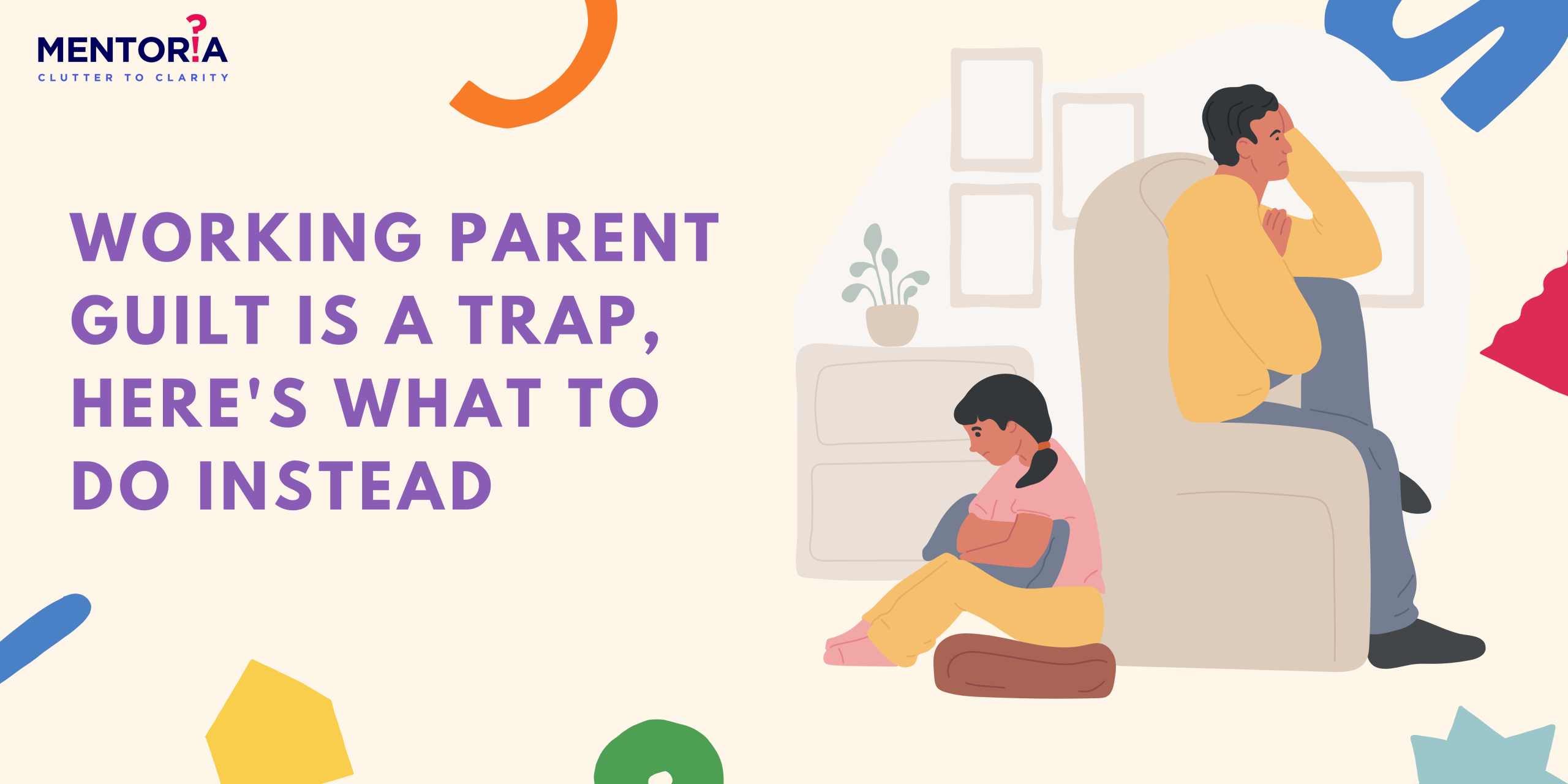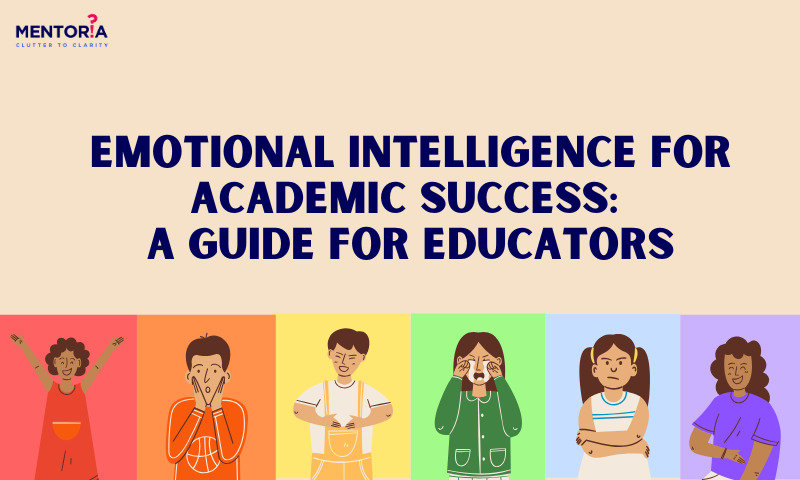6 Things the Curriculum Skipped, But You Shouldn’t

It’s a myth that success depends on the number of degrees you have. While knowledge is a big part of it, you have to consider many other aspects like interpersonal skills, general awareness, upskilling, etc. However, most schools focus on providing students with textbook knowledge, and often fail to make them ‘future-ready’. Think a textbook education alone is enough to help our youth make it big? In a recent interview, Ginni Rometty, Chairperson, CEO and President of IBM, made a statement that most Indians don’t have the necessary skills for employment! She went on to say, “You have got to believe in a few different things than what you believed in the past. One is that skills are perhaps more important than a degree.”
As educators, you work hard to mould your students into future leaders and change-makers, or at the very least, responsible and successful individuals who contribute positively to society. However, it’s going to take a lot more than just following the curriculum to ensure that your students are receiving a wholesome education. Sometimes, you need to go beyond what is prescribed to help your students face the real world head-on.
Here are six lessons you can add to your daily lessons to help get your students future-ready:
1. Teamwork and Leadership
Most organisations require you to work in a team. Even if a person were to choose a ‘solo’ career path, they would eventually have to work with someone else at some point during their career. Individuals find it difficult to transition into the professional world because they “work better alone.”
Make it a point to imbibe the team spirit within your students at an early age. You could arrange for team-based sporting events, assign group activities and projects for students, or even have them sit with someone new every month. Through these activities, you can also help students build on their leadership skills as they learn how to work with others, understand each other’s difficulties and support each other to reach their end goal.
2. Written and Communication
You must have come across quite a few students who know the “right answer” or have something important to contribute but refrain from doing so – either because they are not confident or they don’t know how to put it in the right words. This doesn’t just stop at school. Even in organisations, a lot of individuals tend to lose out on promotions or are unable to voice their ideas, simply because they don’t know how. Furthermore, the rise of texting lingo has caused further damage to their communication skills. While every individual does not need to be a great speaker or writer, it is important to at least know your basics. Help students work on their language skills by organising discussions and debates in class, and encourage all students to participate. You could also have them write something every day – apart from their school work – so they get used to expressing themselves through words.
3. Problem-solving
One of the most important skills individuals need is the ability to cope with the problems they face. A lot of freshers suffer struggle to cope with the sudden change in environment and responsibilities. It is, therefore, important to teach students how to approach and overcome problems early on. Try conducting activities with your daily lessons. For example, if you’ve just taught a history lesson, ask students to brainstorm on ways the protagonist could have avoided certain problems that came their way. The best way to have students learn to deal with problems is to let their creativity run wild and think of a solution themselves.
4. The Internet
Today, the internet has become a part and parcel of our lives. You’re teaching a generation that grew up with smartphones and relies on Google to answer everything from academic queries to life questions. It’s easy to simply dismiss the internet as ‘addictive’ or ‘harmful’, but the internet is here to stay and you can’t keep your students away. What you can do is help them learn how to use it right, how to spot what’s real and what’s fake online, and how to not get overwhelmed by the abundance of information available online. Instead of hating the internet, make it your friend – yes, it can help you too! Include articles and videos in your lessons, suggest reading material your students can refer to. Recommend websites that share updates on what’s happening around the world or in their field of interest, and discuss them in class.
5. Financial Management
Millennials are rather vocal about how schools failed to teach them useful basics like managing their finances or paying their taxes. While they learnt mathematics from a young age, they didn’t necessarily learn how to apply it in real life. Most individuals struggle to write a cheque, and don’t necessarily know how savings accounts work, let alone how to fill out loan applications. It’s time to include these conversations in the classroom, and give students a clear idea of the kind of responsibilities they will take on in the near future. Arrange for workshops in school about banking and finance or a session on the importance of filing taxes and how to do it. Explain these learnings as an activity while teaching students the theoretical part under subjects like economics and mathematics.
6. Technological Awareness
Artificial intelligence and technology are evolving at a rapid pace that’s equally amazing and alarming. Most job roles are evolving to incorporate technological advancements. While many jobs are getting wiped out, they’re also being replaced by newer, smarter jobs. Students need to know their options before they go about making career decisions. What if your students pick a career and spend the next five years studying for it, only to have it disappear by the time they’re ready to start working? The curriculum isn’t evolving fast enough to raise awareness about these changes, so it is up to you to help them understand what their reality might look like when they join the workforce. Spend some time doing research on technological advancements, and add them to your lessons in class. You could even make it a part of students’ homework; they could look up the relevance of what they’ve learnt in the context of today’s world. Discuss their findings in class and answer their questions – this will ensure that your students know what lies ahead.
With job roles changing, information pouring in from all sides and new developments taking place in almost every industry, going beyond the curriculum is a necessity today. As educators, you can make sure that your students get the guidance and training they need to be successful in life. While we have included a bunch of lessons you could incorporate, the best way to ensure your students are future-ready is to keep updating yourself and adding new life-lessons to your teaching. If you need help figuring out how; reach out to us. We are happy to help!












